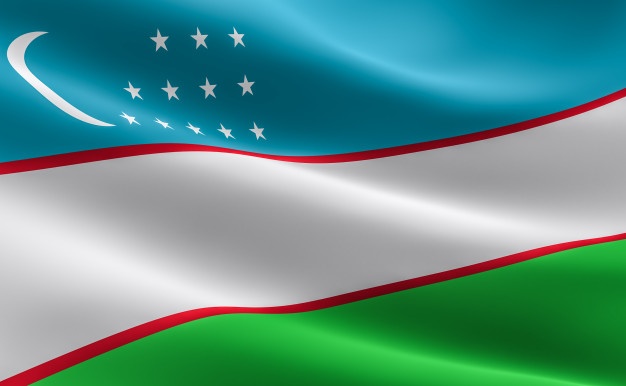
Uzbekistan
Note of Comment on President Mirziyoyev's Intervention at the Eurasian Economic Union Summit

On
14 October, President of the Republic of Uzbekistan Shavkat Mirziyoyev took
part in an extraordinary meeting of the Supreme Eurasian Economic Council
(EAEU) where he outlined the priorities for the development of mutually
beneficial cooperation with the EAEU.
Allow me to outline a few thoughts about Uzbekistan's short but intense cooperation with the EAEU. Uzbekistan's accession to the Eurasian Economic Union has been the subject of lively debate both within and outside Uzbekistan, due to the geopolitical and geo-economic implications of such move.
It is clear from the recent interventions by President Shavkat Mirziyoyev at the summits of the EAEU that Uzbekistan (currently enjoying observer status) wishes to see certain concrete (economic) benefits before making the decision of full membership.
In the past, the President has said: "It is important for Uzbekistan to ensure the achievement of concrete, tangible results of interaction with the EAEU as an observer. To this end, we consider it necessary to consistently develop systemic cooperation, including on issues of simplifying the procedures for the movement of goods, capital, labour resources and services."
Uzbekistan's cautious approach is reflected in the country's development roadmap - the Concept of Social and Economic Development of Uzbekistan up until 2030 - sets a broad timeline of 2022-2025 for the sequential study of the consideration of Uzbekistan's entry into EAEU - a very careful and restrained wording indeed.
Uzbekistan is eager to see greater flows of capital, goods and people, trade and investment between EAEU member countries - including greater facilitation for employment opportunities of Uzbek workers abroad.
Under President Mirziyoyev we have seen a foreign policy largely dictated by economic interests - reinforcing export-oriented sectors of the national economy to find markets for its main products, including automobiles and textiles. For this to happen, Uzbekistan needs to harmonise its own trade and regulatory requirements with the other EAEU members states.
The EAEU requires its member states to change some internal regulations to adapt to the Union's directives and those of its executive body - the Eurasian Economic Commission which is tasked with the preparation of treaties aimed at the harmonization and improvement of legislation of the members - while at the same time developing a competition policy to ensure equal conditions in the markets of the Single Economic Space.
At the technical level, the Uzbek government and relevant agencies are already working on the drafting of relevant documents and legislation to align national standards with the EAEU technical regulations for common market products. Such standardization work will greatly increase the attractiveness and competitiveness of Uzbek products abroad, and for those goods to have unimpeded access to the EAEU market.
Alberto Turkstra, Project Manager, Diplomatic World Institute
